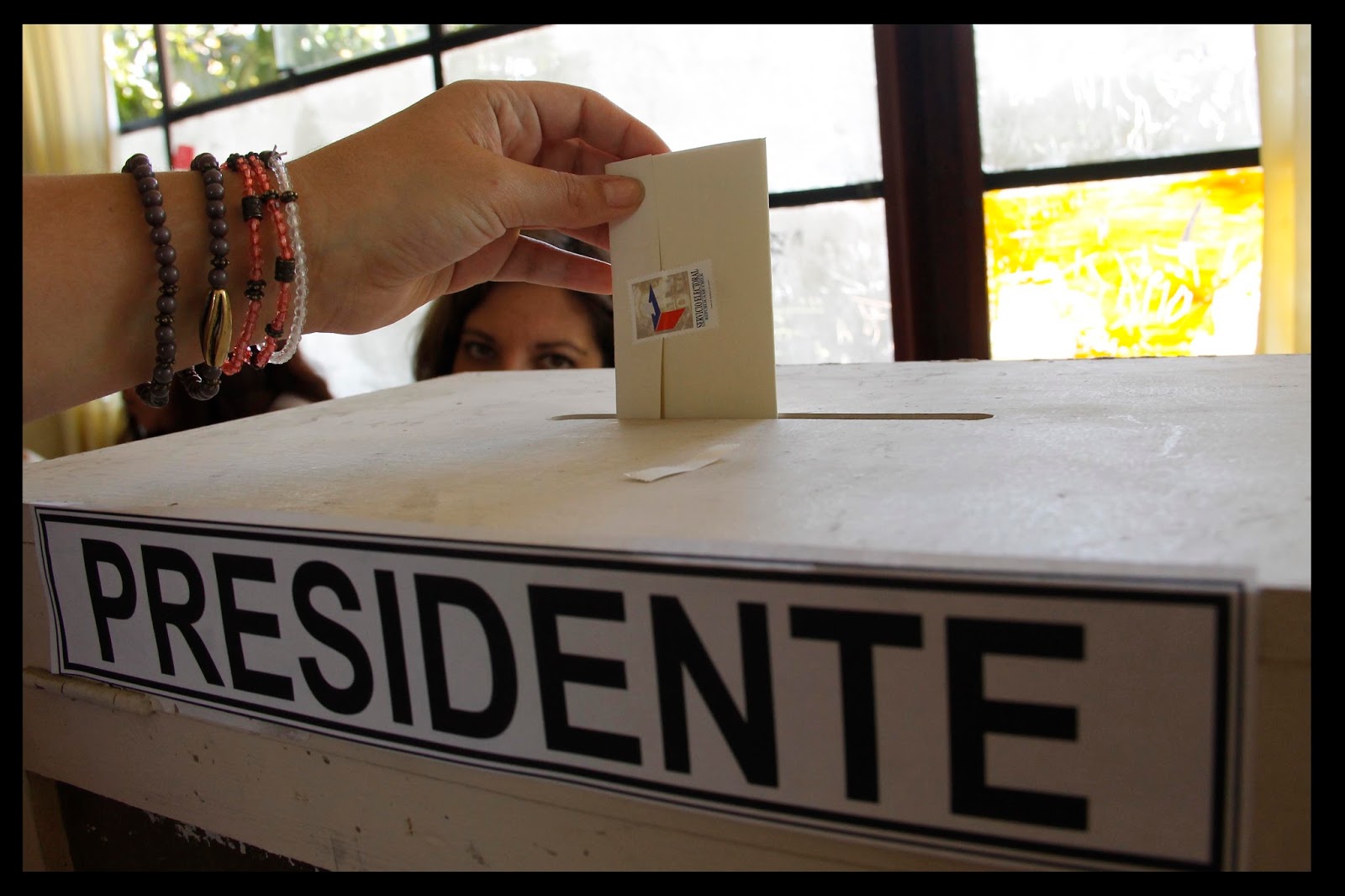
[ad_1]
As Argentina navigates towards the upcoming presidential elections, political alliances are solidifying and pressure builds.
The three foremost political factions are shaping their methods, jockeying for electoral benefit in a contest anticipated to be extremely contentious.
With the formal presentation of nationwide alliances now within the public realm, the citizens, which seems evenly break up, waits for the strategic strikes that may affect the end result on October twenty second.
One important improvement formalized on June 14 was the identify change of the ruling Frente de Todos to Unión por la Patria (UP).

It was echoing the 2019 identify change by the Cambiemos alliance to Juntos por el Cambio (Collectively for Change) beneath the federal government of Mauricio Macri.
The third key participant is economist Javier Milei’s La Libertad Avanza.
The ruling celebration, now rebranded however but to finalize its candidates, faces the problem of profitable again an citizens that when granted it a decisive victory in 2019 however turned towards it within the 2021 legislative elections.
The UP, comprising 15 nationwide events, grapples with inside disputes amongst its high figures, Vice President Cristina Fernández de Kirchner, President Alberto Fernández, and Minister of Economic system, Sergio Massa.
The problem in reaching a consensus on a candidate has been exacerbated by Cristina Fernandez’s determination to not run within the elections.
Amid inside disputes and financial challenges, together with an annual inflation charge of 114.2%, the UP’s activity, because the Vice-President put it, is to “make folks fall in love once more.”
But, with Cristina Fernández and President Alberto Fernández each not operating for reelection, the race is open for candidates throughout the ruling coalition for the obligatory major elections, with Minister of the Inside, Eduardo de Pedro; Ambassador Daniel Scioli; Minister Sergio Massa and Governor Axel Kicillof being key contenders.
Within the opposition, Juntos por el Cambio experiences growing pressure between its two foremost contenders following the resignation of former President Macri to run as a candidate.
Horacio Rodríguez Larreta, head of the Authorities of Buenos Aires, faces stiff competitors from Patricia Bullrich, Macri’s former Minister of Safety.
In the meantime, Javier Milei’s La Libertad Avanza, recognized because the third nationwide power, faces challenges because of their disappointing ends in the provincial elections.
The libertarian economist’s ascendancy in nationwide polls now seems to be undermined, because the provincial election outcomes expose the constraints of his reputation.
The Argentine political panorama is in flux, with the elections set to be a important litmus take a look at for all main contenders.
[ad_2]